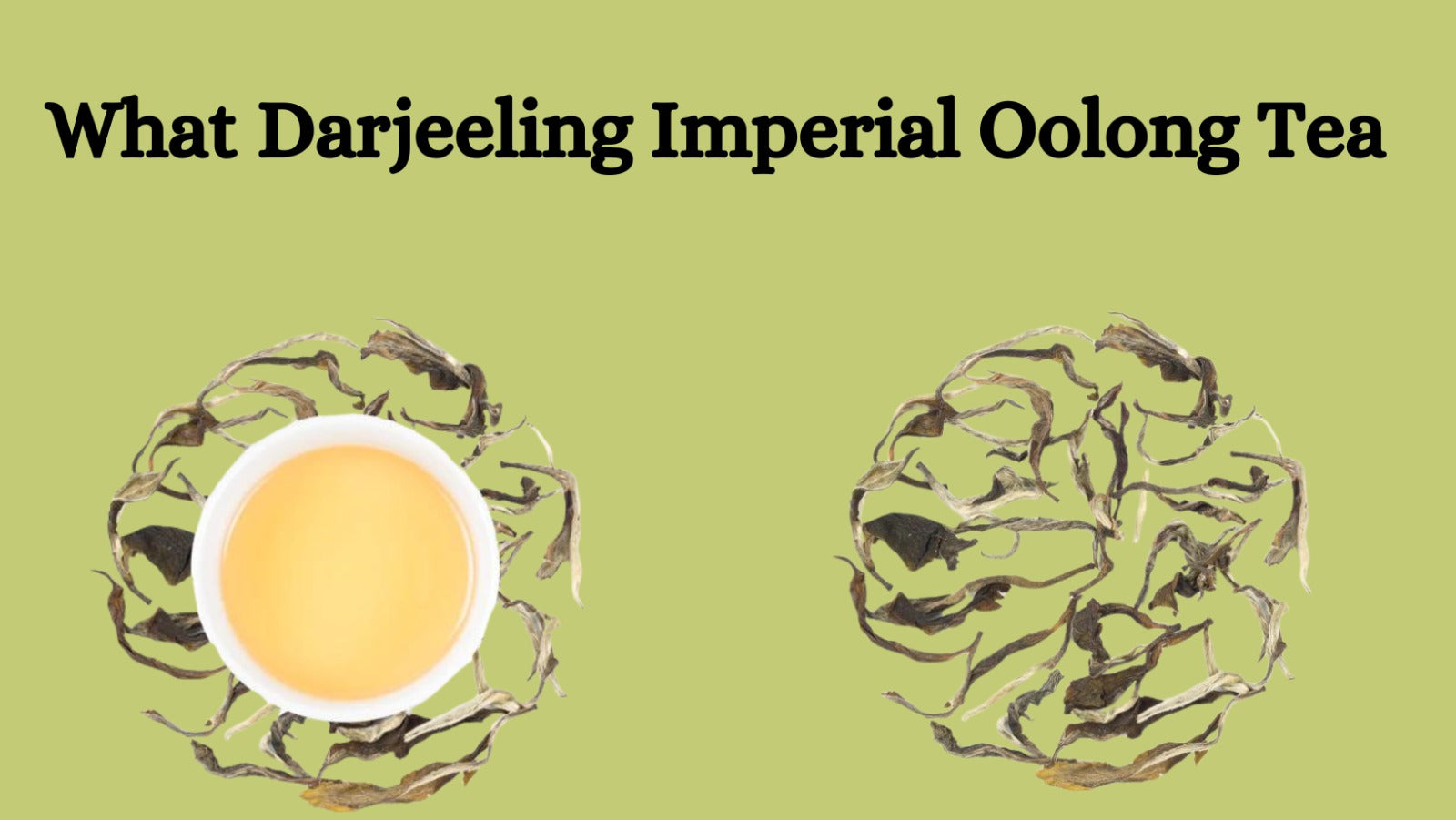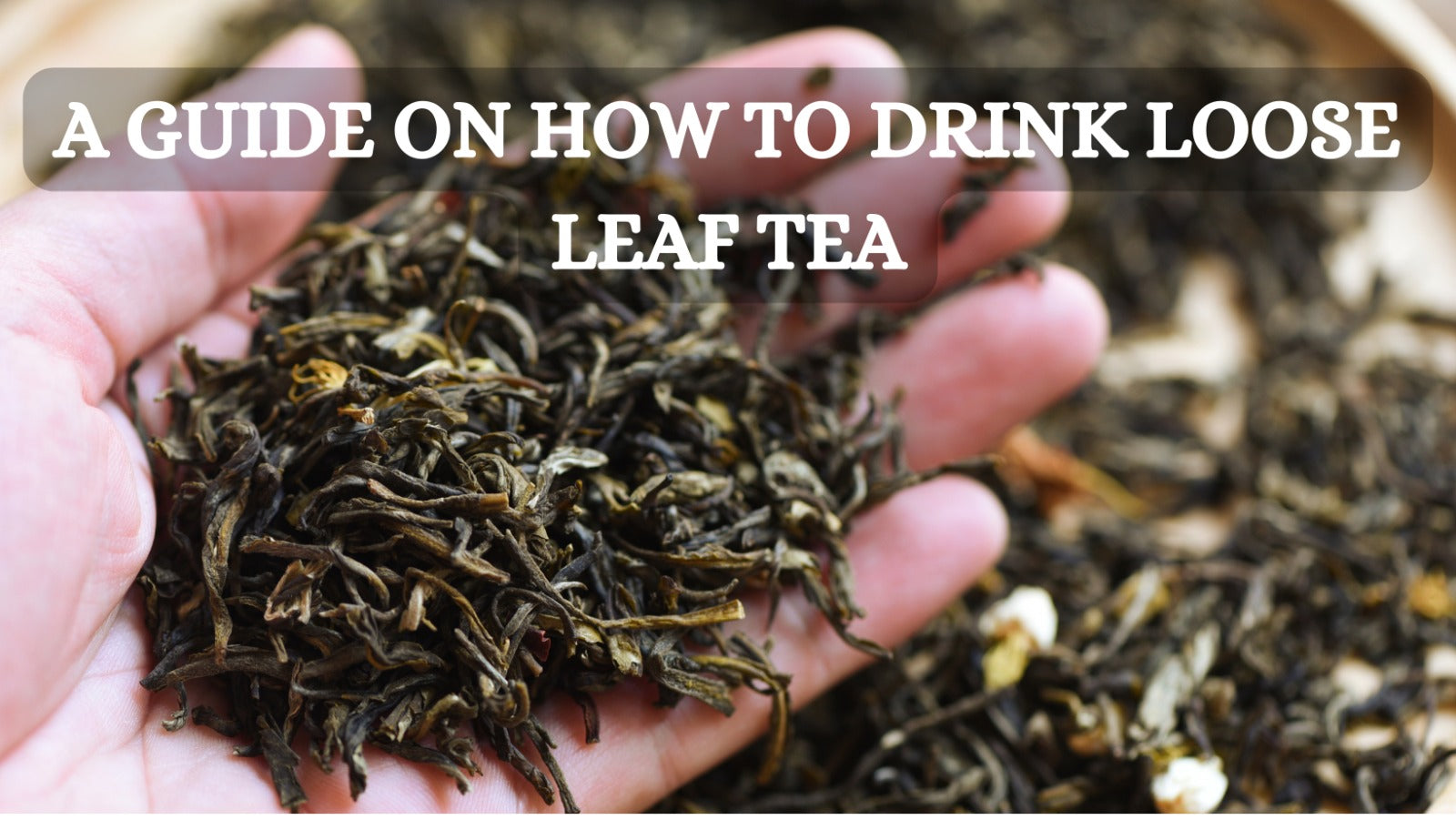Immerse yourself in the calming ritual of tea meditations and witness the transformative power of this ancient practice. In today's fast-paced world, stress has become an unwelcome companion, infiltrating our daily lives and affecting our overall well-being. But fear not, for tea meditations offer a serene escape, providing respite for our bodies and minds.
During tea meditation, the act of preparing and enjoying a cup of tea becomes a form of mindfulness. As you focus on the aroma of the leaves, the warmth of the cup against your hands, and the delicate flavors that dance on your taste buds, stress begins to melt away. Time seems to slow down as you savor each sip, allowing you to fully appreciate the present moment.
Not only does tea meditation offer a peaceful respite from the chaos of life, but it also has numerous health benefits. From reducing stress and anxiety to improving digestion and boosting cognitive function, the power of tea meditation extends far beyond the teacup.
The Art of Tea Meditation
Tea meditation is a practice that has been cultivated for centuries in various cultures around the world. It is a form of meditation that combines the calming effects of tea with the mindfulness of being present in the moment. The process of tea meditation involves preparing and drinking tea mindfully, paying close attention to the sensory experience it offers.
To begin your tea meditation practice, start by selecting a tea that resonates with you. Whether it's a calming herbal blend, a rejuvenating green tea, or a fragrant black tea, choose one that brings you joy and comfort. Set aside a specific time and space for your tea meditation, ensuring that you have a quiet and peaceful environment to fully immerse yourself in the experience.
The Benefits of Tea Meditation for Reducing Stress
Tea meditation is a powerful tool for reducing stress and promoting relaxation. The act of preparing tea mindfully allows you to shift your focus from the worries and pressures of daily life to the present moment. As you engage your senses in the process, you become fully present, leaving no room for stress and anxiety to take hold.
Research has shown that tea contains compounds that have a calming effect on the mind and body. The ritual of tea meditation triggers the release of dopamine and serotonin, neurotransmitters that promote a sense of well-being and happiness. This natural boost in mood can help alleviate stress and create a state of calm and tranquility.
In addition, tea contains an amino acid called L-theanine, which has been found to promote relaxation and reduce anxiety. L-theanine works synergistically with caffeine to provide a balanced energy boost without the jitters or crashes associated with coffee. This gentle stimulation allows you to remain alert and focused during your tea meditation practice.
Tea Meditation Techniques
There are various techniques that can enhance your tea meditation practice and deepen your connection with the present moment. Here are a few techniques to explore:
- Breathing Awareness: As you brew your tea, take deep breaths, focusing on the sensation of your breath entering and leaving your body. This simple act of conscious breathing helps calm the mind and anchor you in the present moment.
- Sensory Exploration: Engage your senses fully as you prepare and drink your tea. Notice the color of the tea leaves, the sound of boiling water, the aroma of the steeping tea, the warmth of the cup in your hands, and the taste of each sip. Give yourself permission to fully engage in the sensory experience.
- Mindful Sipping: Take small, mindful sips of your tea, savoring each one. Notice the flavors, textures, and sensations in your mouth. Notice how the tea feels as it travels down your throat, bringing a sense of warmth and comfort.
- Gratitude Practice: During your tea meditation, take a moment to express gratitude for the tea, the process, and the moment of tranquility it offers. Cultivating an attitude of gratitude can further enhance the calming effects of tea meditation.
Choosing the Right Tea for Meditation
When it comes to tea meditation, choosing the right tea is essential. Different teas offer unique flavors and aromas, each with its own soothing properties. A few popular options to consider:
- Green Tea: Known for its high antioxidant content, green tea offers a gentle energy boost and a sense of calm. It is rich in L-theanine, which promotes relaxation and focus.
- White Tea: Delicate and subtle, white tea is known for its calming properties. It contains a lower caffeine content compared to other teas, making it a great choice for relaxation.
- Herbal Tea: Herbal teas like chamomile, lavender, and peppermint are caffeine-free and known for their calming effects. They are perfect for those seeking a caffeine-free option for their tea meditation practice.
- Oolong Tea: With a wide range of flavors and caffeine levels, oolong tea offers a balance between relaxation and alertness. It is known for its soothing aroma and smooth taste.
Creating a Peaceful Tea Meditation Space
To fully immerse yourself in the practice of tea meditation, it's important to create a peaceful and inviting space. Here are some tips for creating your own tea meditation sanctuary:
- Find a Quiet Corner: Choose a quiet corner in your home where you can set up your tea meditation space. It could be a cozy nook by a window or a dedicated area in your living room.
- Declutter: Clear the space of any unnecessary clutter to create a sense of calm and serenity. A clean and organized space will help you focus and relax during your tea meditation practice.
- Add Natural Elements: Incorporate elements from nature, such as plants, flowers, or natural materials, to bring a sense of tranquility to your space. Surrounding yourself with natural beauty can enhance the overall experience.
- Dim the Lights: Soft, ambient lighting can create a soothing atmosphere for tea meditation. Consider using candles, string lights, or a dimmer switch to adjust the lighting to your preference.
Incorporating Mindfulness into Tea Meditation
Mindfulness is a key component of tea meditation, allowing you to fully engage with the present moment. Here are some ways to incorporate mindfulness into your tea meditation practice:
- Focus on the Present: As you prepare your tea, let go of any thoughts or worries about the past or future. Instead, bring your attention fully to the present moment, immersing yourself in the process.
- Engage Your Senses: Pay close attention to the sensory experience of tea meditation. Notice the colors, smells, tastes, and textures, allowing yourself to fully engage with each sensation.
- Non-Judgmental Awareness: Try observing your thoughts and emotions without passing judgment. If your mind wanders, gently bring your focus back to the present moment, without attaching any judgment to the experience.
- Embrace Silence: During your tea meditation, try to create moments of silence. Allow yourself to be fully present with your tea and your thoughts, without the need for external distractions.
Tea Meditation for Improving Overall Well-being
Tea meditation provides a holistic method for enhancing overall well-being. Beyond its stress-reducing benefits, tea meditation can positively impact various aspects of your life. Here's how:
- Improved Digestion: Many herbal teas, such as chamomile, peppermint, and ginger, have digestive benefits. By incorporating these teas into your tea meditation practice, you can support healthy digestion and alleviate digestive discomfort.
- Enhanced Focus and Productivity: The combination of L-theanine and caffeine in tea can help boost cognitive function, improve focus, and increase productivity. Incorporating tea meditation into your daily routine can help you stay alert and focused throughout the day.
- Better Sleep: Certain herbal teas, like chamomile and lavender, have calming properties that promote relaxation and improve sleep quality. By sipping on these teas during your evening tea meditation, you can create a peaceful wind-down routine and prepare your body for a restful night's sleep.
- Increased Mindfulness: The regular practice of tea meditation can cultivate mindfulness in other areas of your life as well. By training your mind to be present during tea meditation, you can carry that mindfulness into your everyday activities, leading to a more balanced and fulfilling life.
Tea Meditation Rituals from Around the World
Tea meditation is a practice that transcends cultural boundaries, with each culture adding its own unique rituals and traditions. Here are a few tea meditation rituals from around the world:
- Japanese Tea Ceremony: Also known as "Chanoyu" or "Sado," the Japanese tea ceremony is a highly ritualized form of tea meditation. It involves the preparation and serving of matcha, a powdered green tea, in a traditional tea room.
- Chinese Gongfu Cha: Gongfu Cha is a Chinese tea ceremony that emphasizes the art of tea preparation. It involves multiple steepings of tea leaves in small clay teapots, focusing on the precise timing and techniques.
- Moroccan Mint Tea: In Morocco, tea is an integral part of the culture. The Moroccan mint tea ritual involves the pouring of sweetened green tea from a height, creating a frothy and aromatic cup of tea.
- British Afternoon Tea: While not traditionally viewed as a form of meditation, the British afternoon tea ritual offers a moment of relaxation and indulgence. It involves the serving of tea, accompanied by scones, sandwiches, and pastries.
Tea Meditation and Self-Care
Tea meditation is not only a practice for relaxation and stress reduction but also a form of self-care. In our busy lives, it's essential to carve out time for ourselves and prioritize our well-being. Tea meditation offers a simple and accessible way to do just that.
By dedicating time to tea meditation, you are giving yourself permission to pause, reflect, and nurture your mind, body, and soul. It's an opportunity to slow down, reconnect with yourself, and find solace in the present moment. Through this act of self-care, you can cultivate a sense of inner peace and balance that extends far beyond your tea meditation practice.
Conclusion: Embracing Tea Meditation for a Calmer, More Balanced Life
In a world filled with constant noise and distractions, tea meditation offers a sanctuary of peace and tranquility. It is a practice that allows us to slow down, savor the present moment, and reconnect with ourselves. Through the act of preparing and enjoying a cup of tea mindfully, we can reduce stress, improve our overall well-being, and cultivate a greater sense of mindfulness in our everyday lives.
So, embrace the transformative power of tea meditations. Find joy in the ritual of brewing a cup of tea, allow yourself to fully engage with its sensory experience, and let stress melt away as you savor each sip. Create a peaceful tea meditation space, choose the right tea for your practice, and incorporate mindfulness into every aspect of your tea meditation journey. By doing so, you will discover the profound impact that tea meditation can have on your life, leading to a calmer, more balanced existence.




